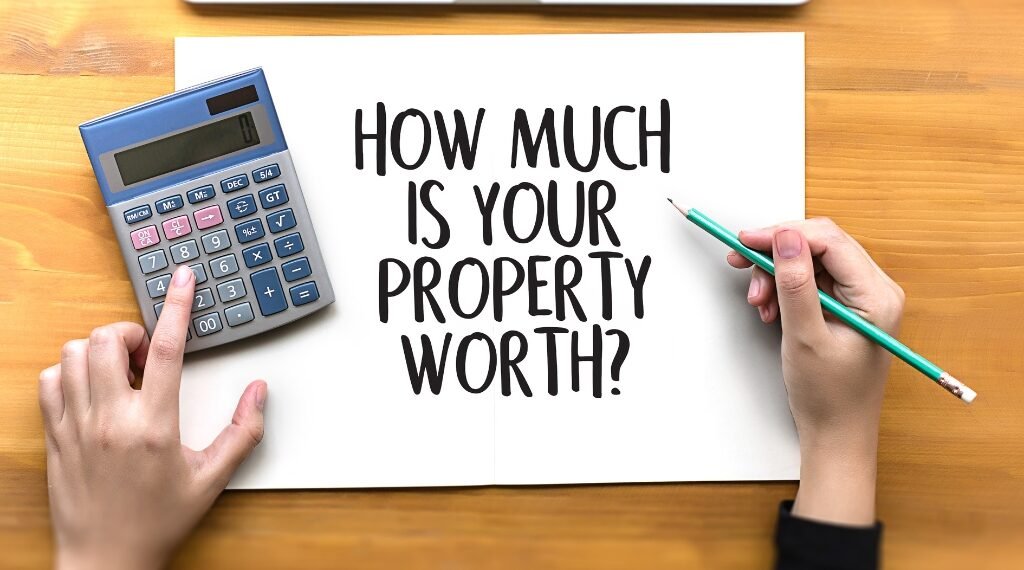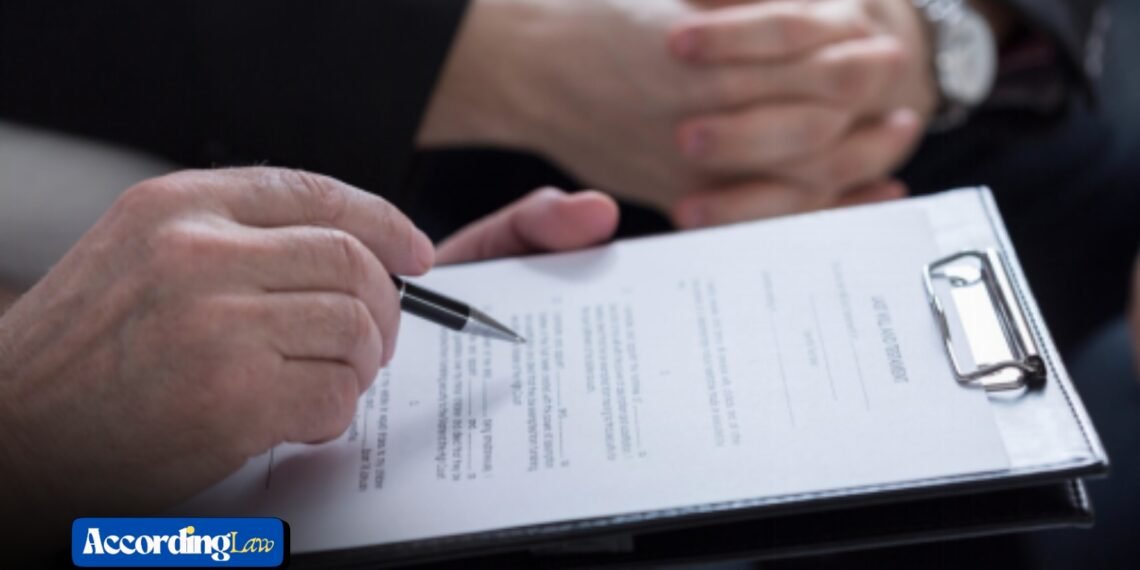Discover the determining factors of how much is 1 acre of land worth in Texas, including location, demand, and the nature of the property.
I remember the day I first thought about buying in Texas. It was just a daydream, I think, inspired by all the songs about the vast places. But the real world intruded all too soon: How much is 1 acre of land worth in Texas? and could I possibly pay for it?
If you’ve ever found yourself curious about the same thing, you’re in the right place. Whether you’re interested in investing, home building, or just curious, this guide makes all the details easier.
Table of Contents
Understanding Land Prices in Texas
Like most real estate, the value of the land isn’t something you can provide a simple, general answer to. Texas is enormous—bigger than some countries—so the value of the land relies significantly on the area.
On average, the ground in Texas costs between $1,700 and $9,615 an acre, depending on the location. It’s dirt-cheap (literally) in some spots, and in others, you could end up shelling out a small fortune.
Price Breakdown by Region
Here’s a quick snapshot of what you might expect to pay per acre:
| Region | Average Price Per Acre |
|---|---|
| West Texas & Panhandle | Around $1,700 |
| East Texas | $3,000 – $5,000 |
| Central Texas | Around $7,000 |
| South Texas | Around $5,945 |
| Northeast Texas | Around $8,200 |
| Gulf Coast – Brazos Bottom | Around $9,615 |
Why Such a Huge Price Difference?
It all depends on the location, demand, and intended use.
Factors That Affect Land Prices in Texas

Ever wondered how the supposedly identical parcels of real estate end up having such different prices? It’s all about the unknown.
1. Water Resources
Texas can get dry—dry, dry. If the ground has a steady water source (river, lake, or access to water under the ground), the ground’s worth automatically rises. Otherwise? You might possibly end up having to pay to drill a well.
2. Proximity to urban areas
Land near the major urban zones along the lines of Austin, Dallas, and Houston are in demand at all times. The closer to the urban area, the higher the price.
For example, the acre in the area around Downtown Austin could run in the hundreds of thousands, while the acre an hour outside could be a fraction.
3. Zoning ordinances
Zoning laws control what you are permitted to use the land for.
Before buying, also check the local ordinances to see if the site conforms to your intentions.
4. Access to Transportation & Facilities
I once thought about buying a super bargain tract in Texas—only to discover the ground didn’t have any kind of road access. Aside from helicoptering in, make sure the ground you are looking at buying has good roads, utilities, and local convenience stores.
5. Future Development Potential
If a major highway, shopping complex, or tech firm considers relocating nearby, the value of the land skyrockets. Speculators are keen to purchase in anticipation of the developments.
How to Estimate Land Value in Texas
Curious about the cost of an acre in your neighborhood? Here are four good ways to get an accurate quote
1. Consult Appraisers and Land Brokers
Real estate professionals can give you an expert opinion based on similar land sales.
2. Check Local Government Records
County records typically provide the value of the land, previous sales, and taxation.
3. Look at the Sales of Nearby Similar Properties
Real estate websites like Zillow, Lands of Texas, and Realtor.com are accessible to compare prices.
4. Review Property Tax Assessments
Tax assessments give you an estimate, if anything, and are typically less up-to-date than market value.
Is Buying Property in Texas a Good Investment?
Short answer? Definitely, just be clever about it.
Also, be wise about estate planning at the time of purchase, ensuring all owners are listed on the deed and that a TOD is setup.
Texas is developing at a rapid pace, and the value of the land is increasing. Not all land, though, is worth purchasing. Consider the following.
✅ Good Investment If:
❌ Risky Investment If
If you’re purchasing solely to invest, attempt to purchase in places that are going to increase in value—don’t just look at cheap ground in the sticks.
FAQs
1. What is the average cost of 1 acre in the State of Texas?
The average rate for 1 acre in the various regions in Texas also significantly varies. According to the most current market figures
Prices fluctuate based on location, availability of water, distance from urban areas, and the area’s developable potential.
2. What drives the worth of the land in Texas?
Several key factors influence land prices in Texas:
3. Is real estate in Texas a good investment to make?
Yes, buying in Texas can be a good investment, depending on use and location. It possesses no state property tax, a booming economy, and an upswing in demand for land, making the location attractive to investors. Risks, however, are
For the most rewarding investments, consider the locales having future proposals for developments, road networks, and favorable economic growth.
4. How to evaluate the value of the land in advance in Texas?
To accurately estimate the value of land in Texas, you can:
Researching these components assists you in avoiding overspending and making a savvy investment.
Final Thoughts: Is Texas Land Right for You?
So, how many are in an acre in Texas? As you can see, it all depends on the area and what you are going to use the acre for.
If you’re a first-time buyer, I advise you to research. Go see the land, look at the zoning ordinances, speak to a local realtor, and think about future appreciation.
For me, home in Texas started off in the dream world. Now, after considerable research (with some misadventures along the way), I actually own a piece of this great state. Don’t let indecision get the best of you if you are in the market to buy—just be sure you are making an informed decision.
Happy land hunting! 🚜🌾
Additional Resources
If you want to dig deeper, here are some helpful resources:


